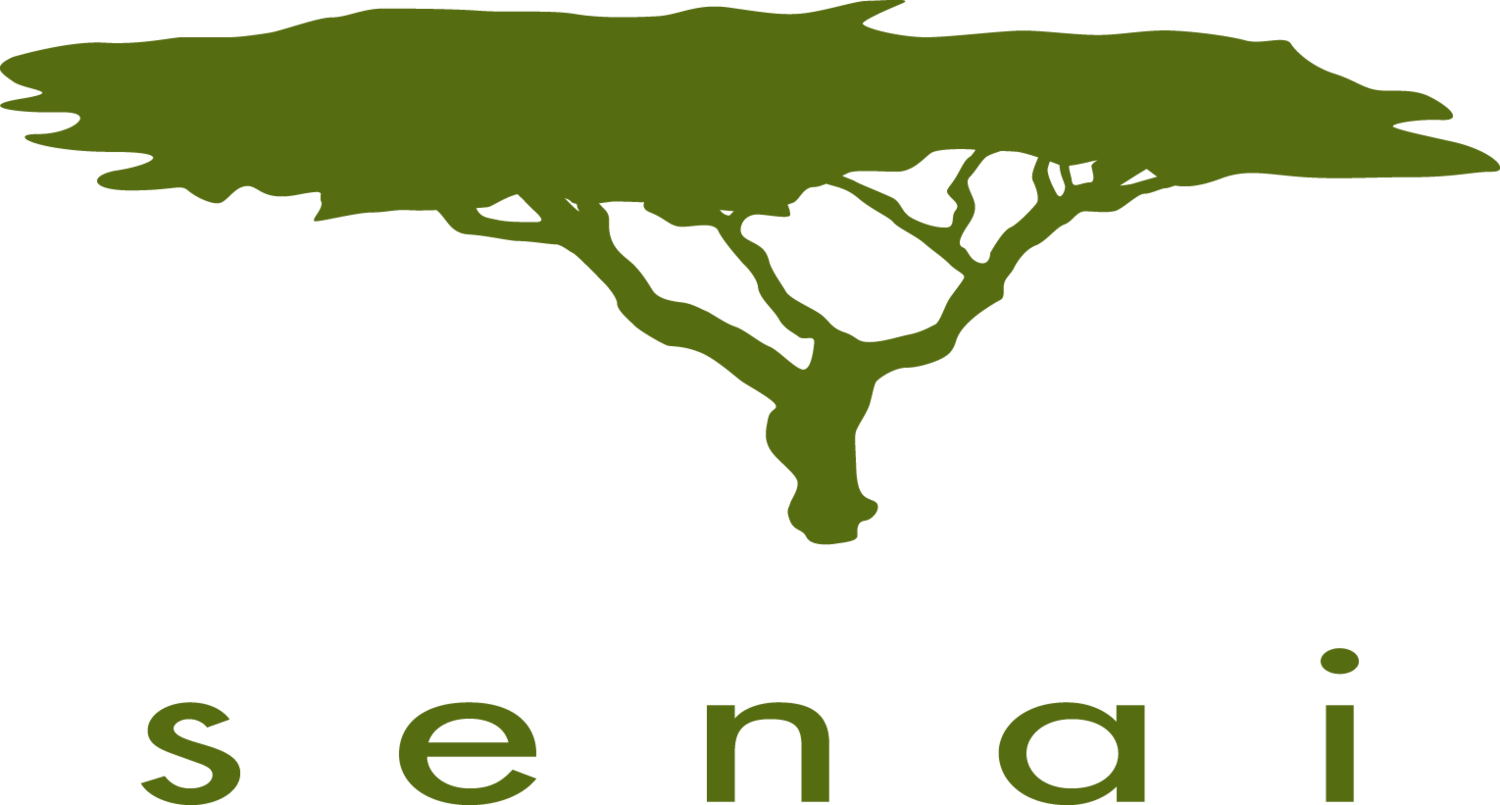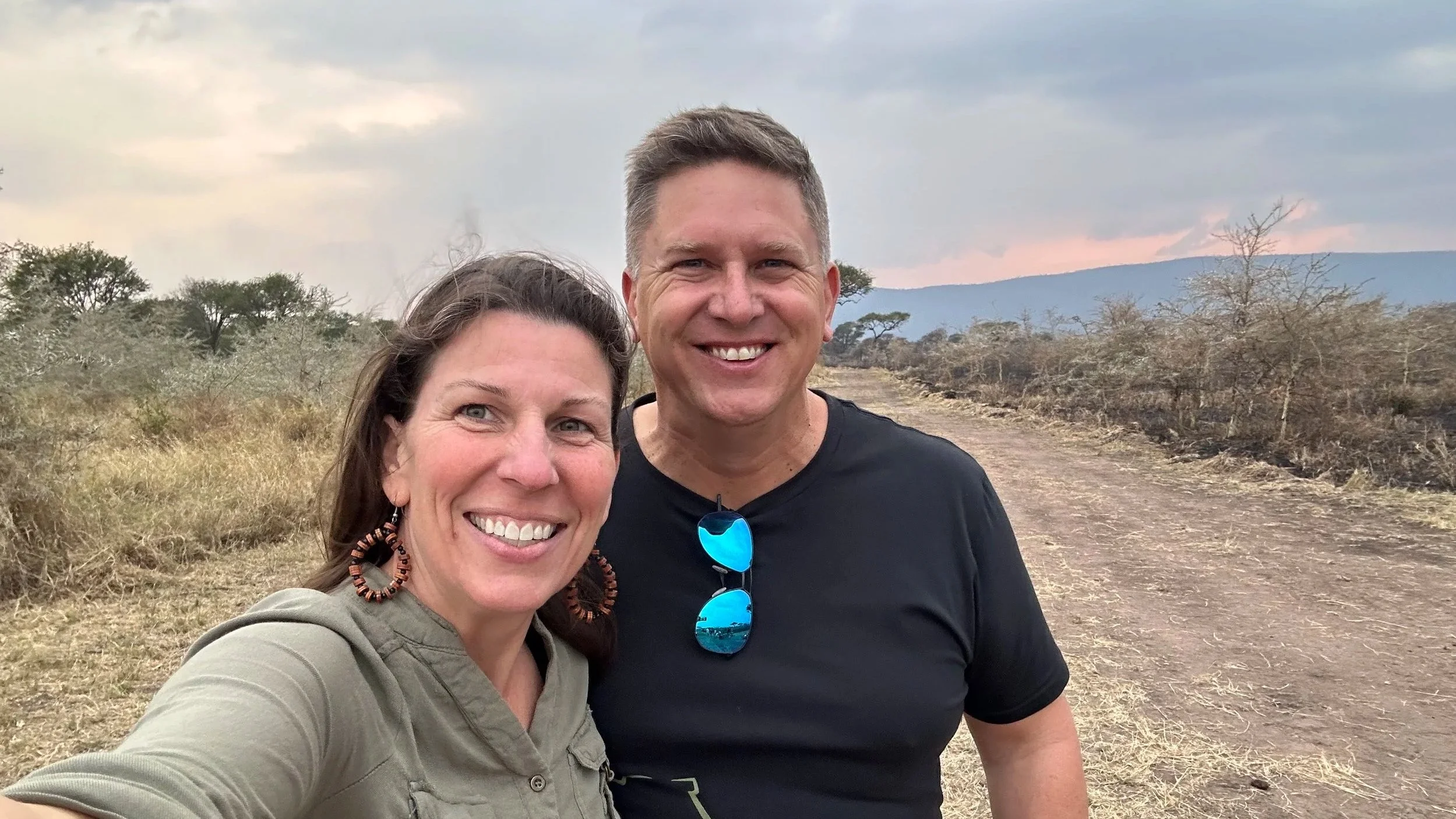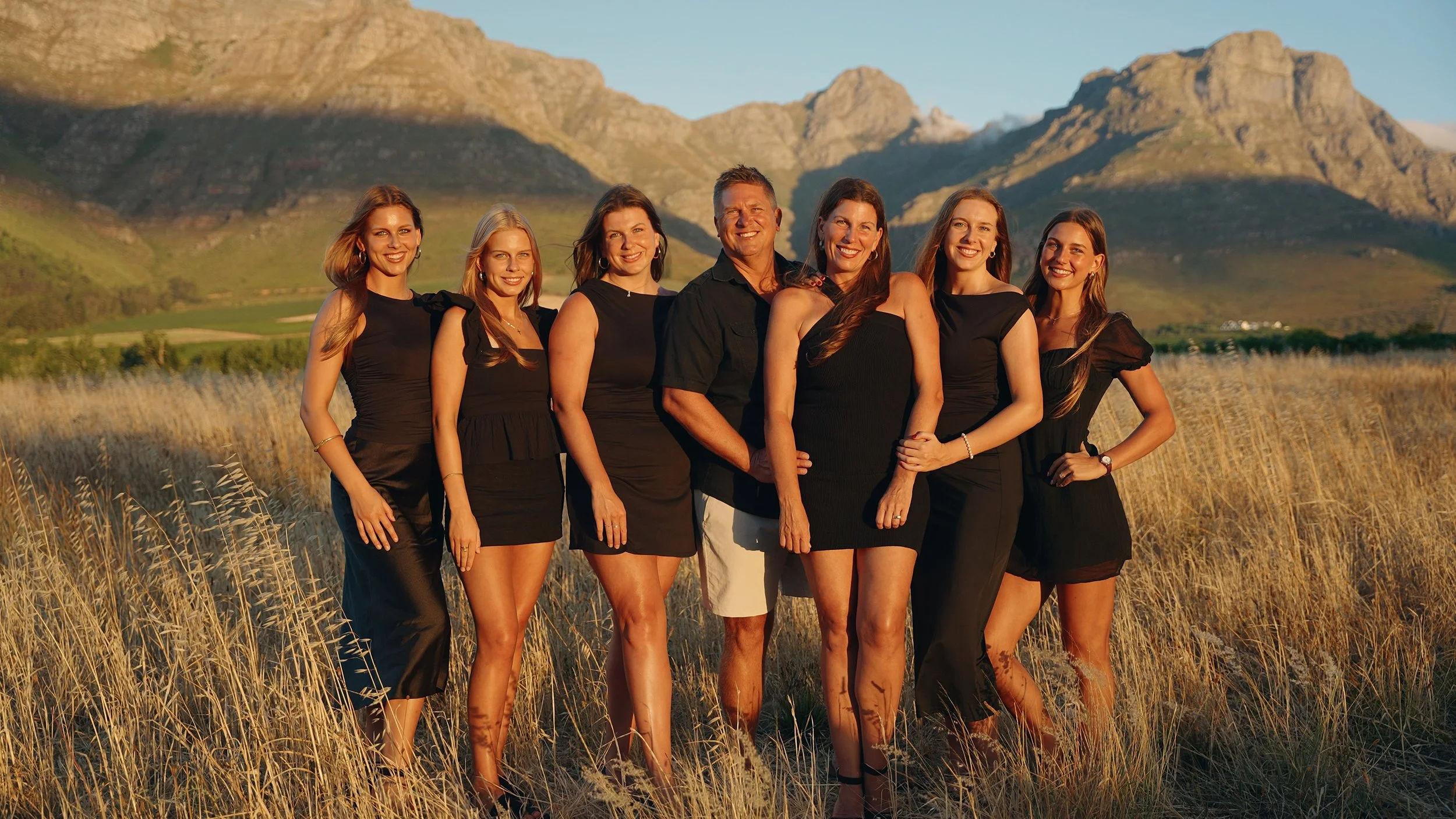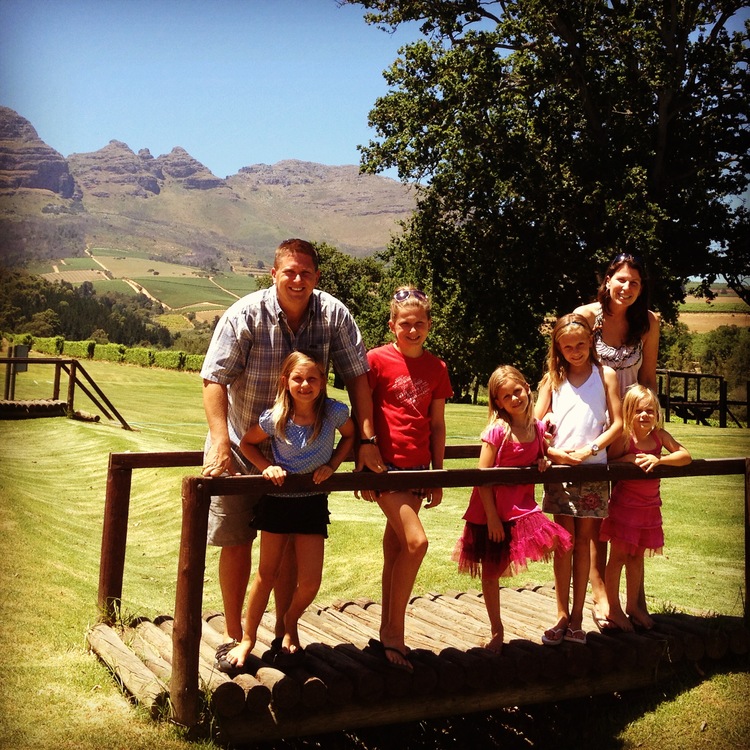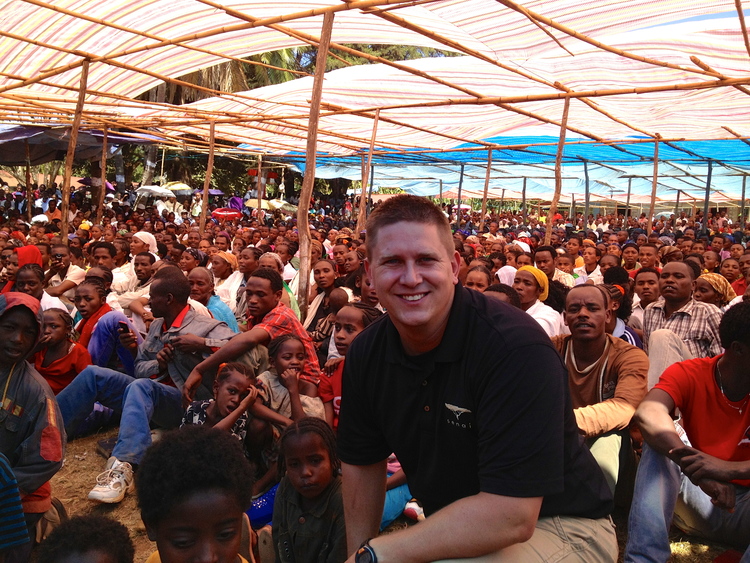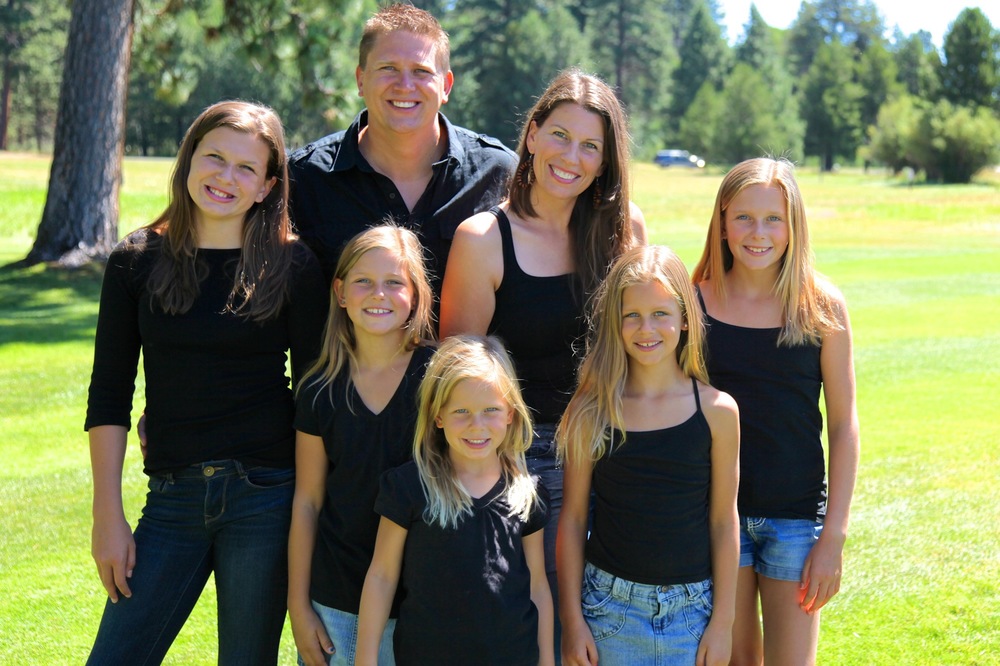Growing up in a rural village of Ethiopia from the age of five, I learned the importance of faith, compassion and service. My dad served as a water engineer and missionary in a rural community called Yirgacheffe, about 8 hours south of the capital city of Addis Ababa. There I was entrenched in the language and culture of Ethiopia. I learned to speak Amharic, eat the local dish of injera-ba-wat, and drink the finest coffee. The privilege of seeing lives changed through the provision of water left an indelible impression on me. This experience, and my desire to go back and make a contribution to the land that I came to love, provided the platform from which SENAI would be launched.
After elementary school in Ethiopia, I attended Rift Valley Academy in Kenya for my high school years. Located on a grand escarpment over-looking the valley below, this boarding school provided an excellent education as well as a chance to connect with kids from over 50 different countries. It played an important role in the development of my world view.
I went from Africa to Wheaton College, where I experienced some of the coldest winters in the United States. What a shock! It was there that I majored in International Human Relations, studying the impact people could have on the world. Part of my formative education was a 7-month internship in Rwanda, working with child-headed households in the post-genocide period. Living with a Rwandan family and speaking only French, I was surrounded by the tragedy that had occurred a few years earlier, and I was stretched to the breaking point. Wheaton's HNGR program (Human Needs/ Global Resources) was able to help me channel and process those emotions and experiences, planting the seeds for future humanitarian service.
My goal after college was to go to work in international development. In an interview with USAID, the director told me that I would benefit from getting private sector business experience first, and he was right. I spent 5 years in corporate employee benefits, where I interacted day to day with corporate decision makers. I learned business principles and began to grasp how humanitarian aid could be integrated with business.
I was then given the opportunity to become Executive Director of a Charlotte (NC)-based non-profit that provided mobile solutions for humanitarian needs. It was there that I gained experience running a non-profit and began to use business as a tool in humanitarian aid. As the "social enterprise" model for development grew, it evolved into a vision which would ultimately become SENAI. SENAI, which means charitable and blessed in Amharic, is a non-profit organization totally dedicated to "connecting people to purpose."
I currently reside in Stellenbosch, South Africa with my amazing wife and five daughters. All five of my girls go to South African public school. With Senai's International Headquarters in South Africa, SENAI is positioned to grow and work effectively with partners throughout the continent.
The Harding Family Story
